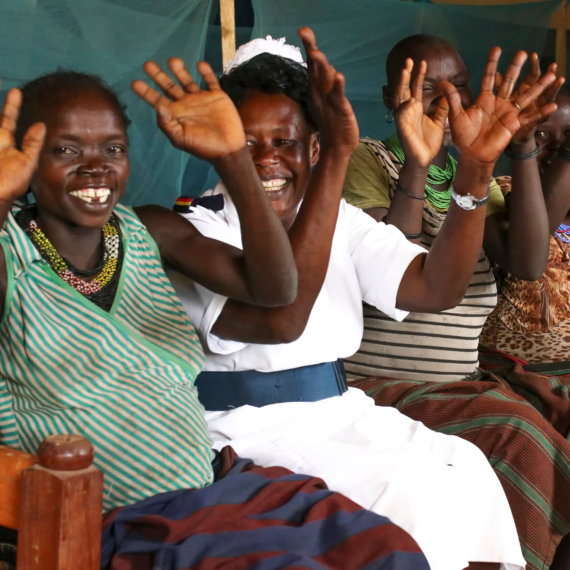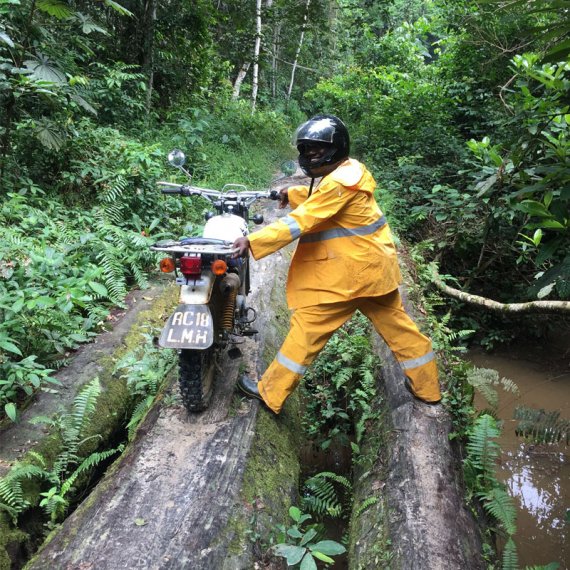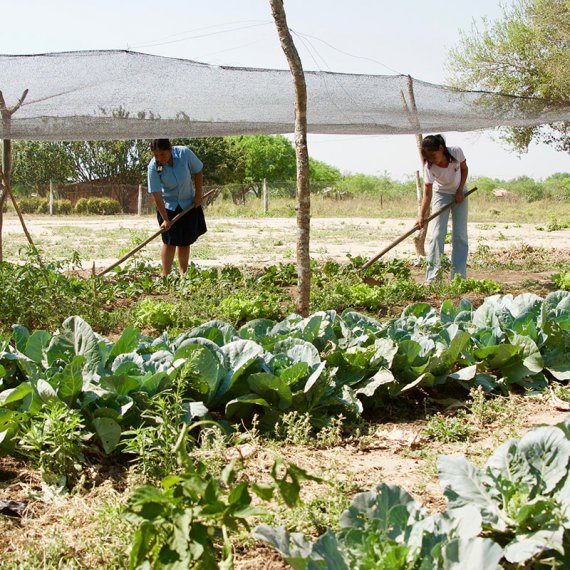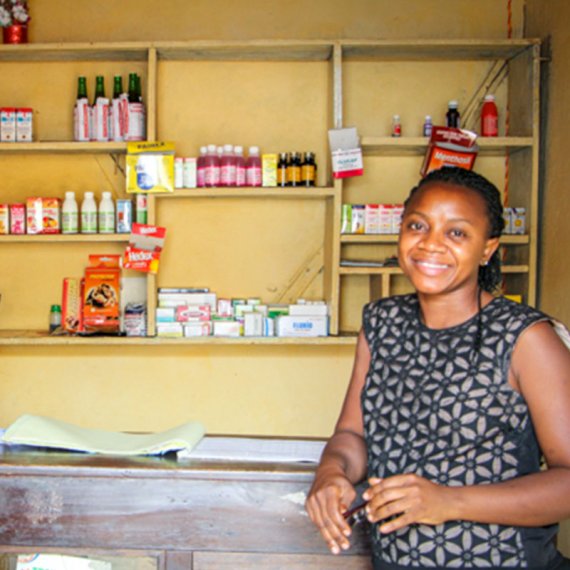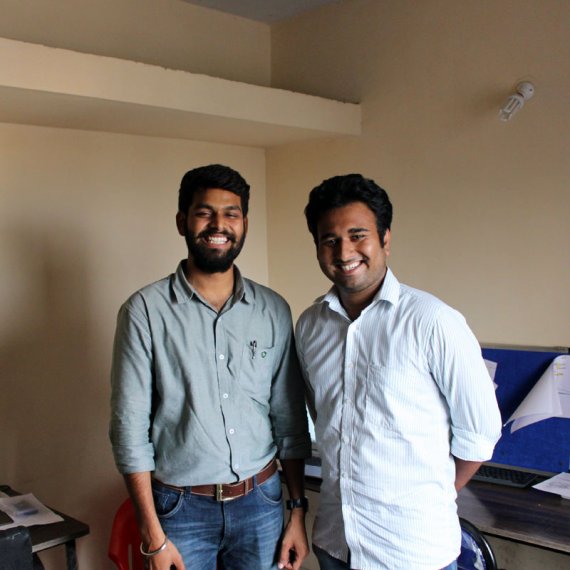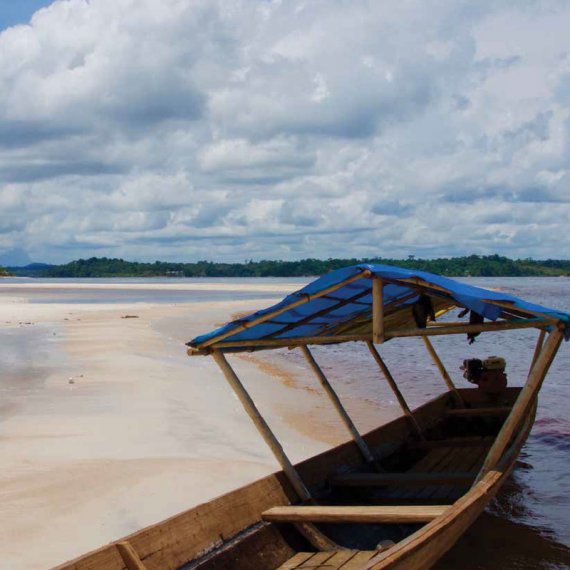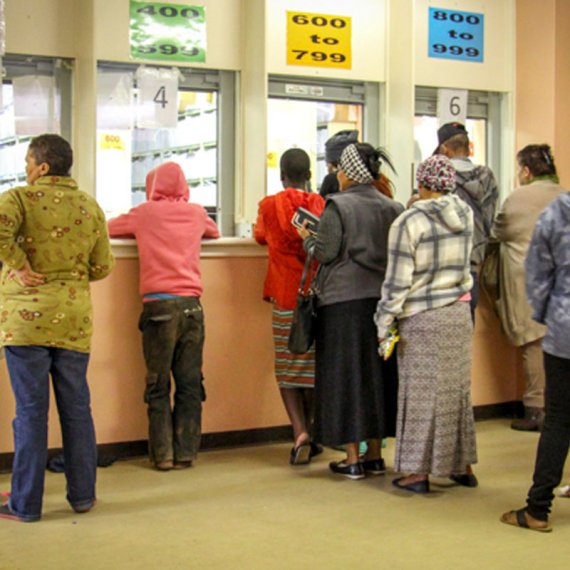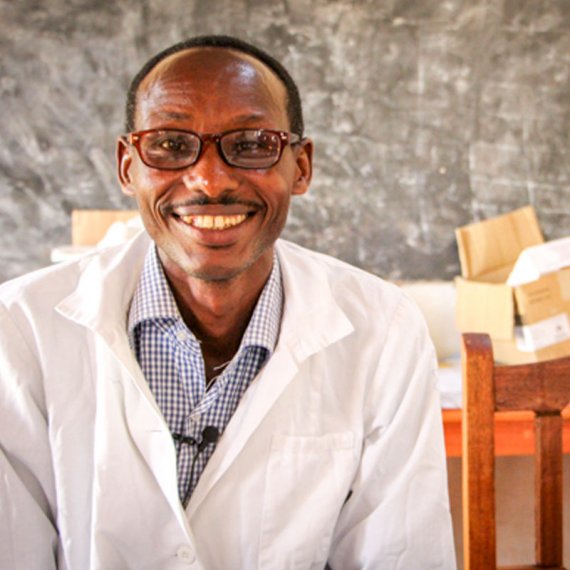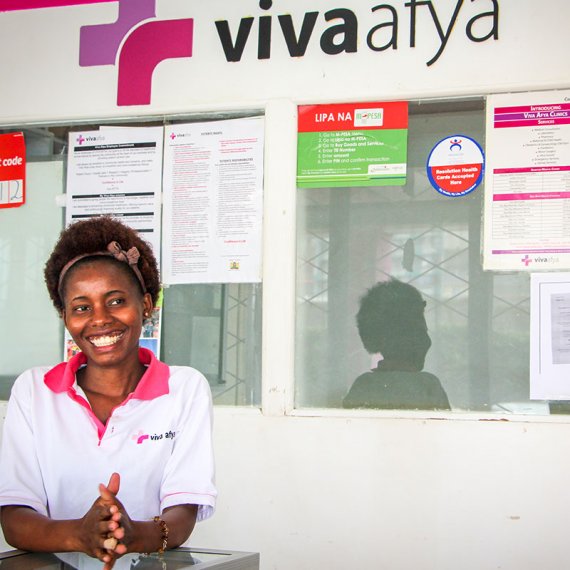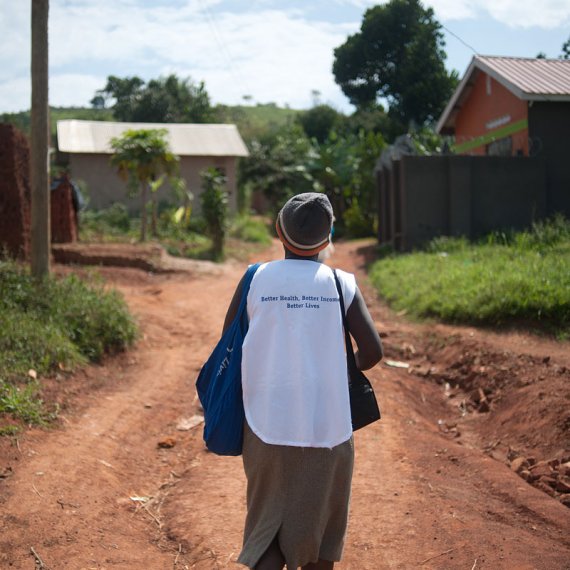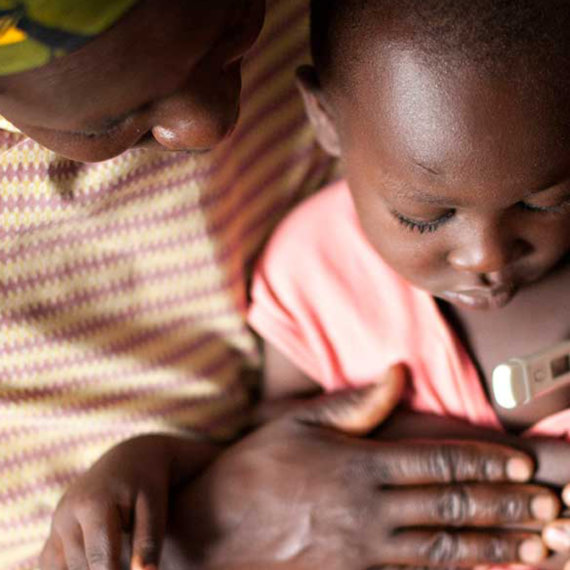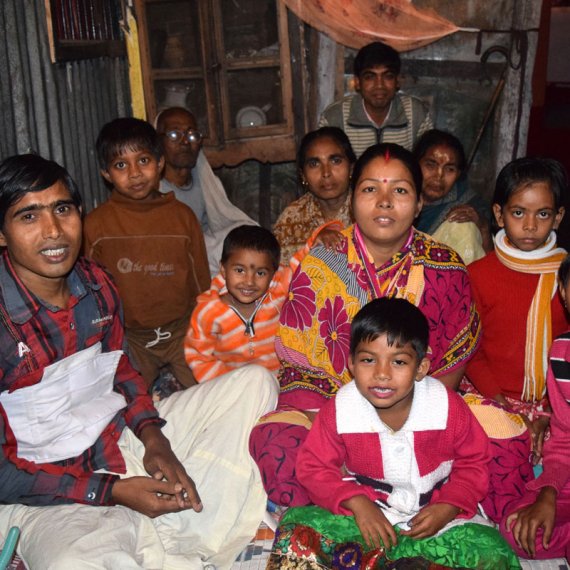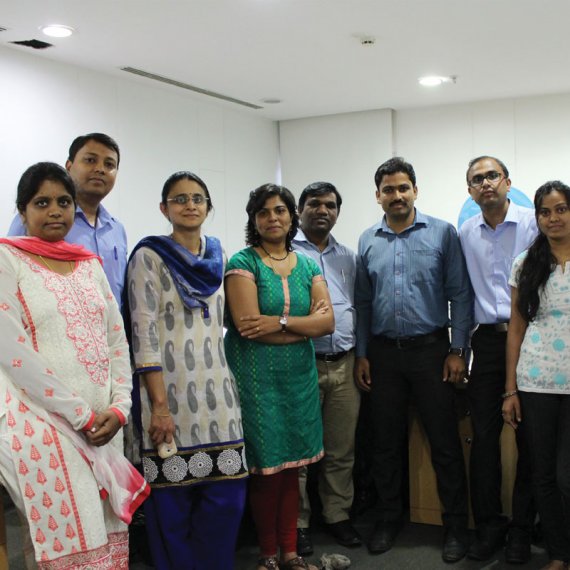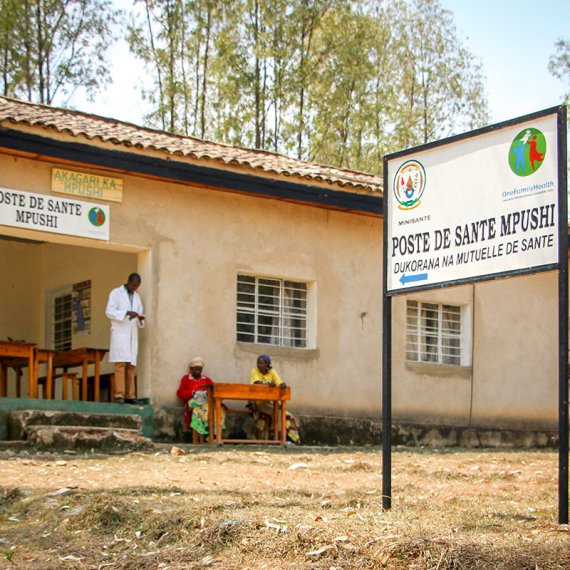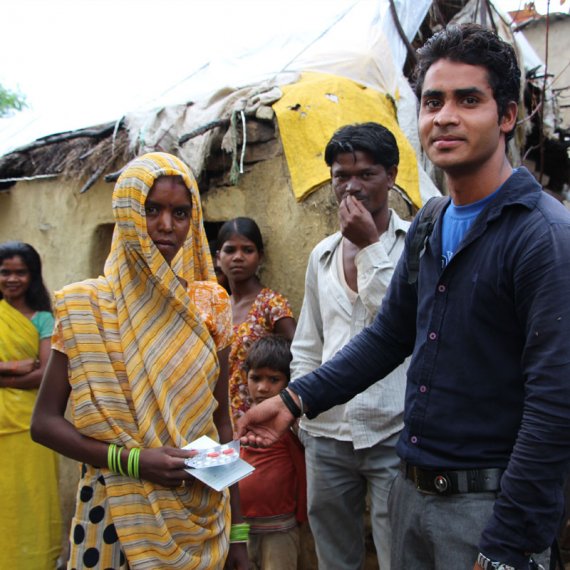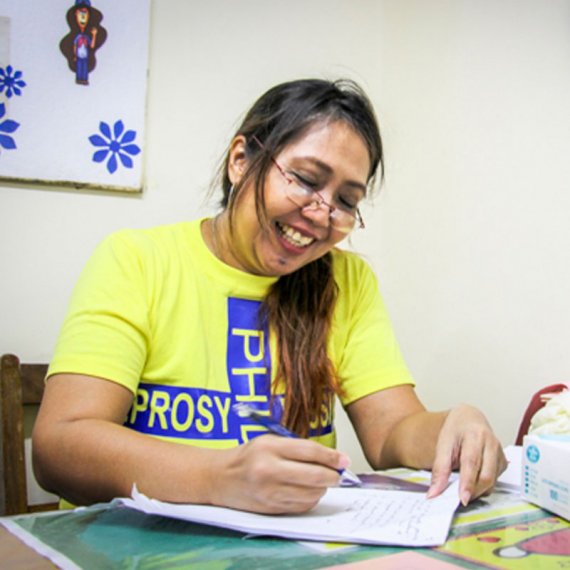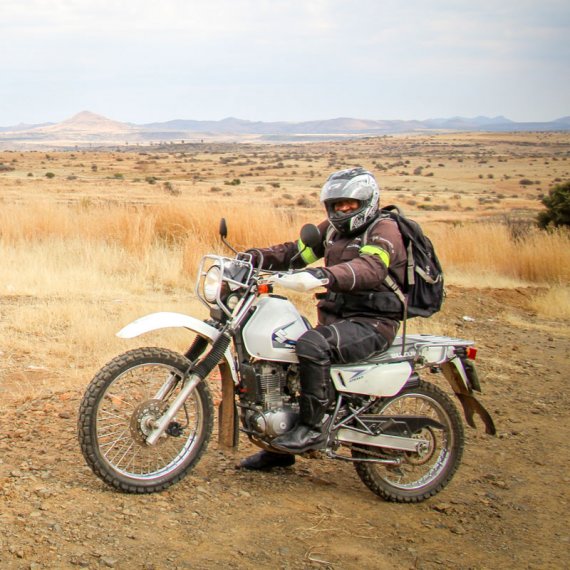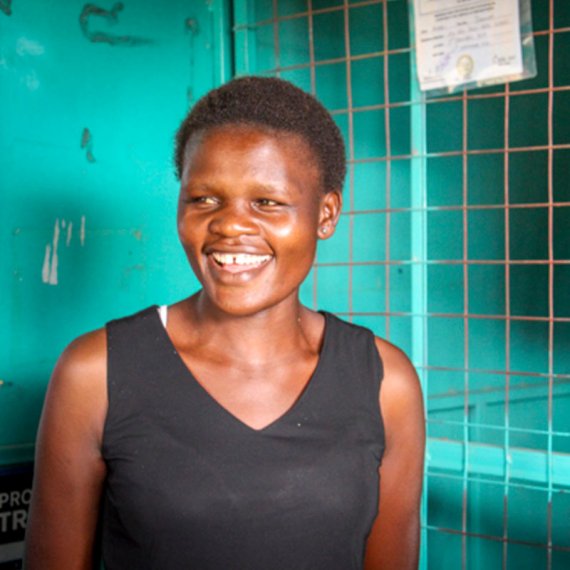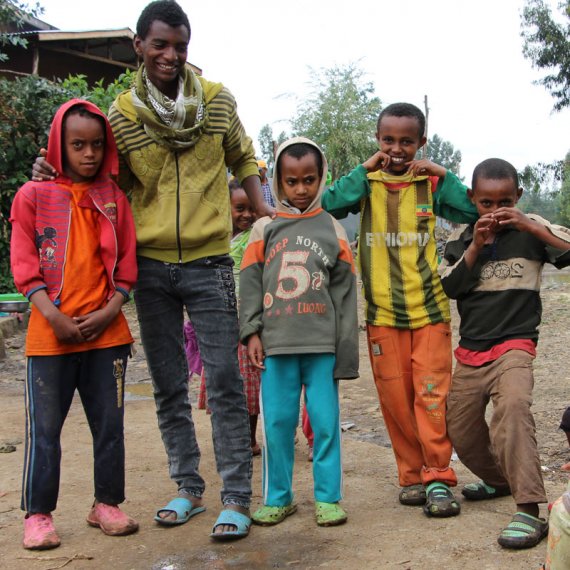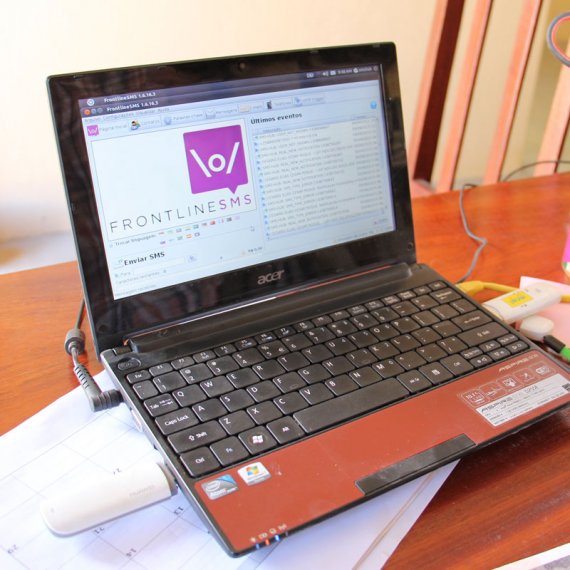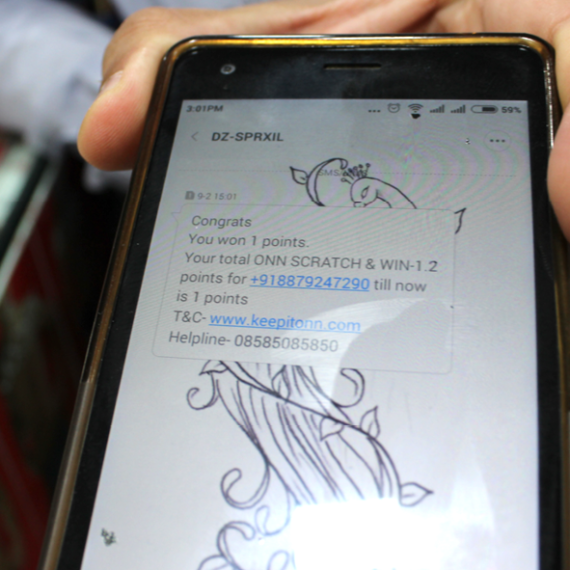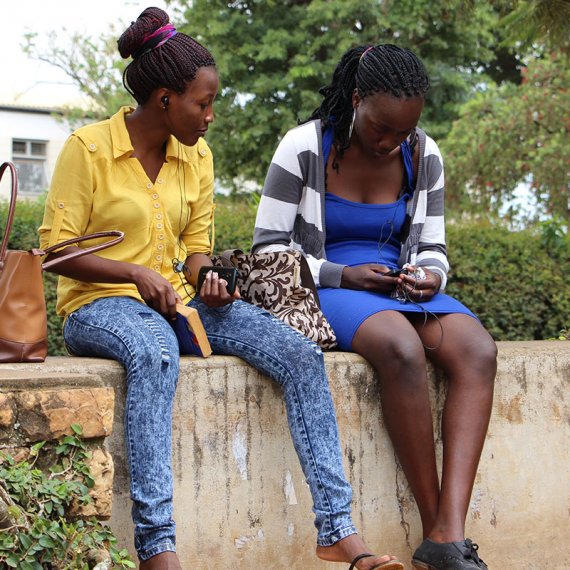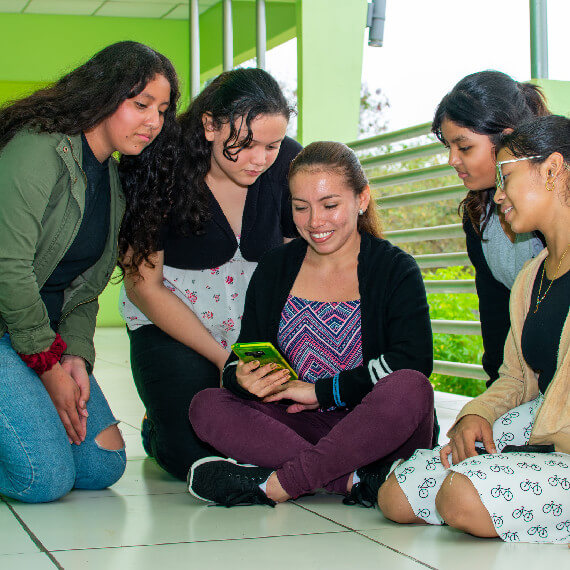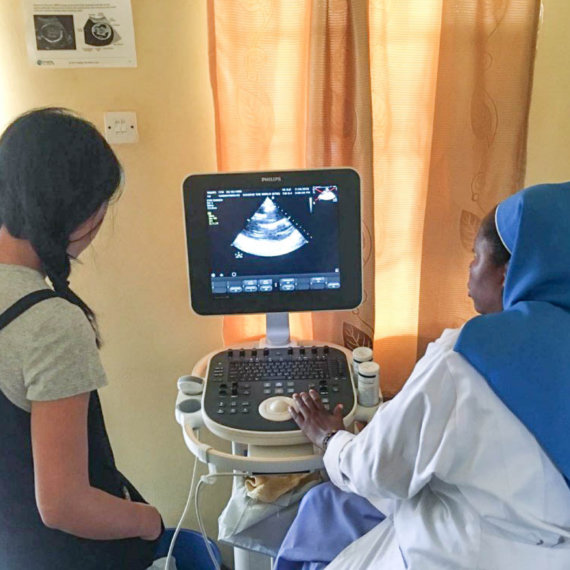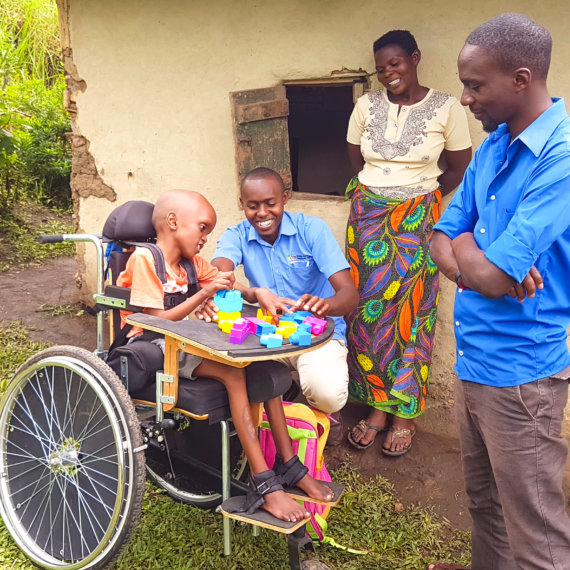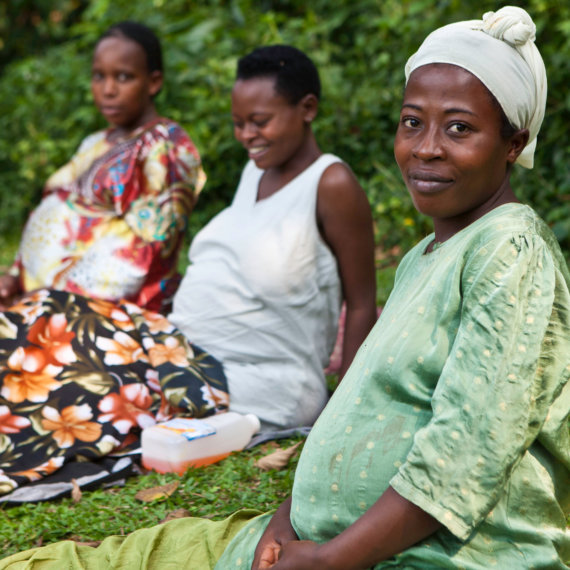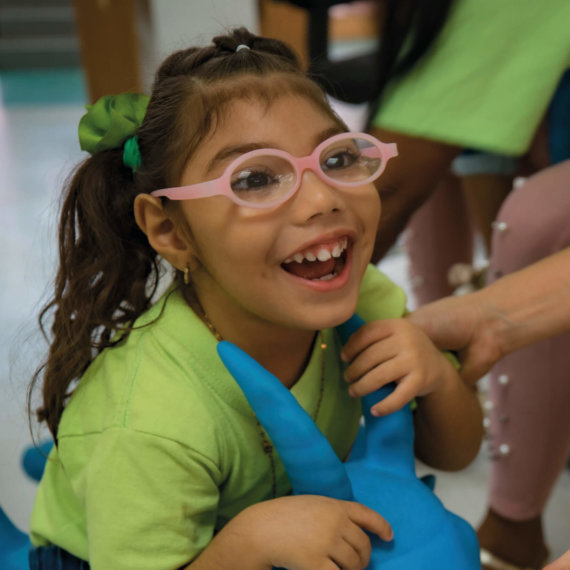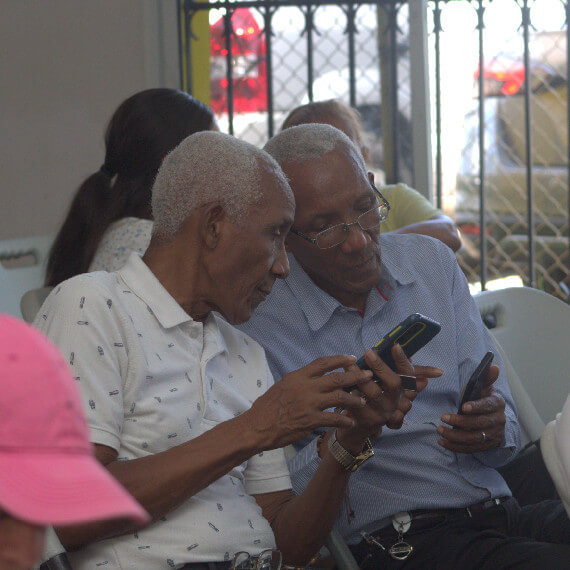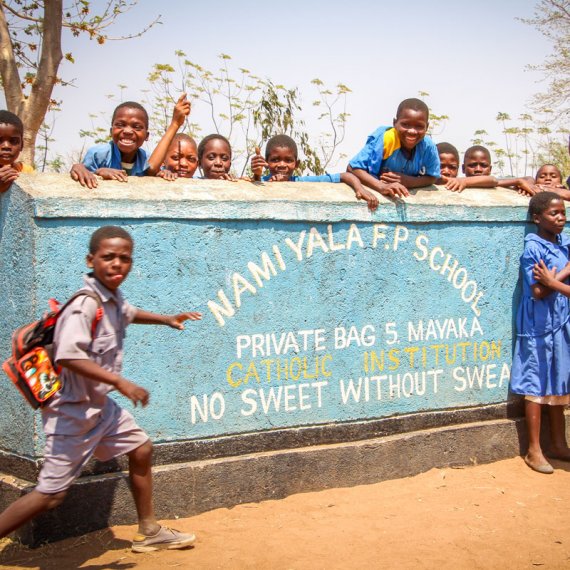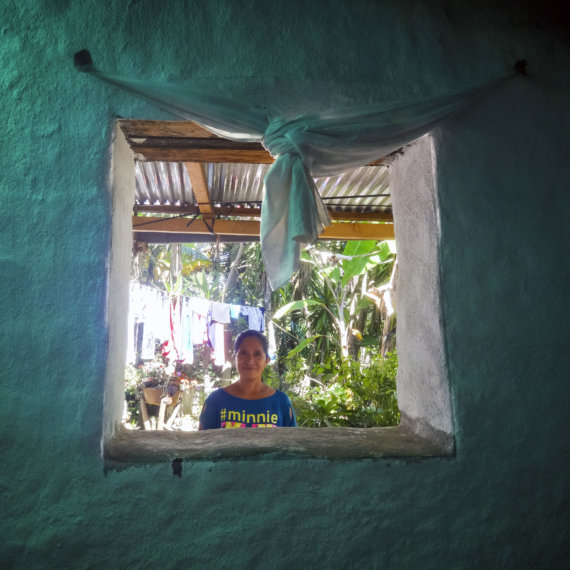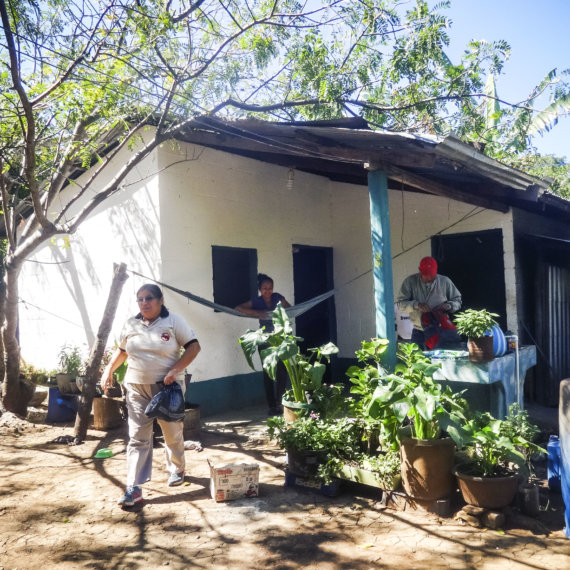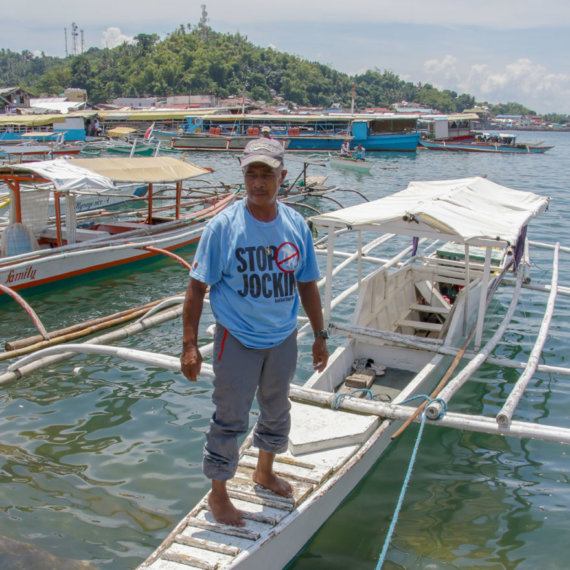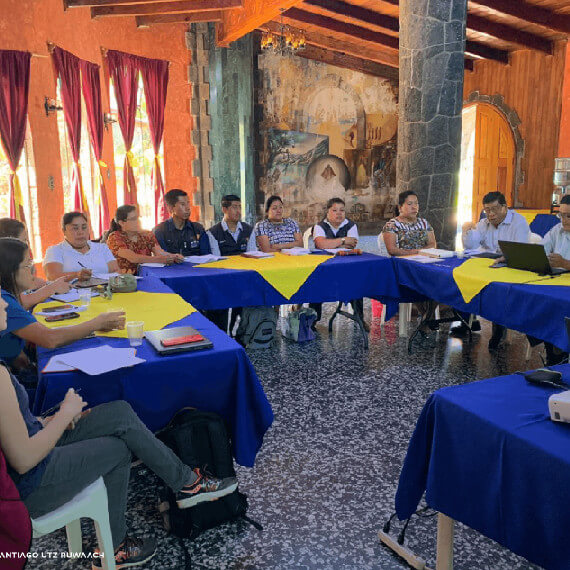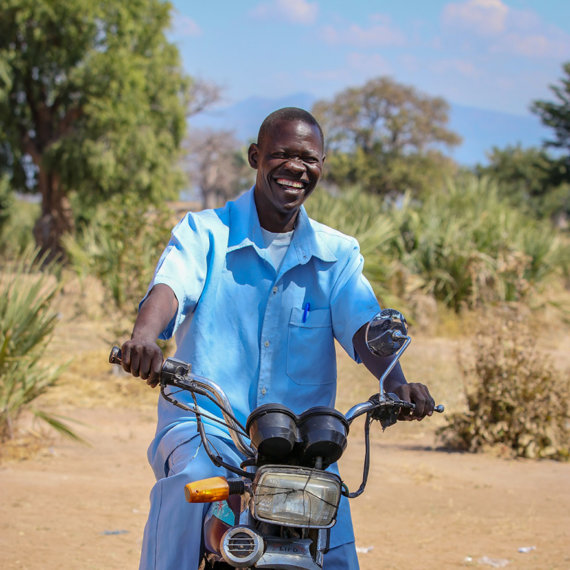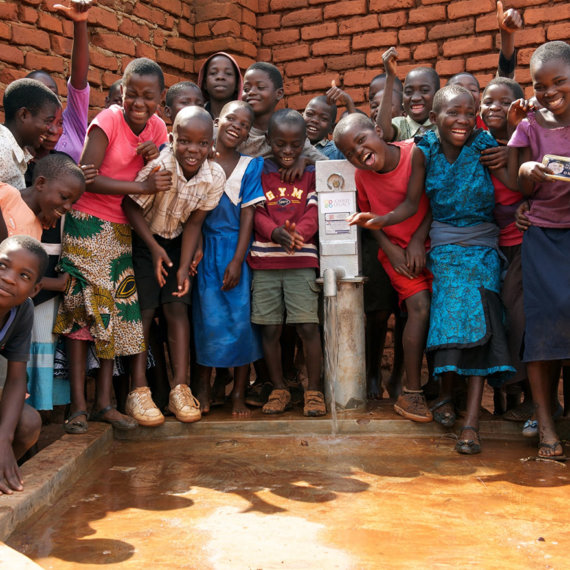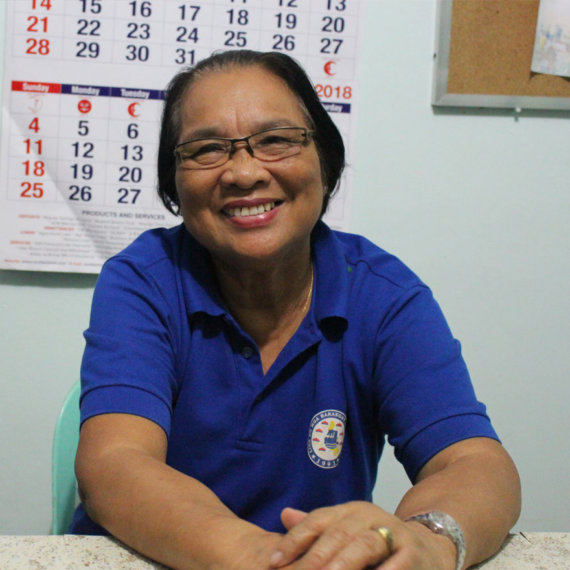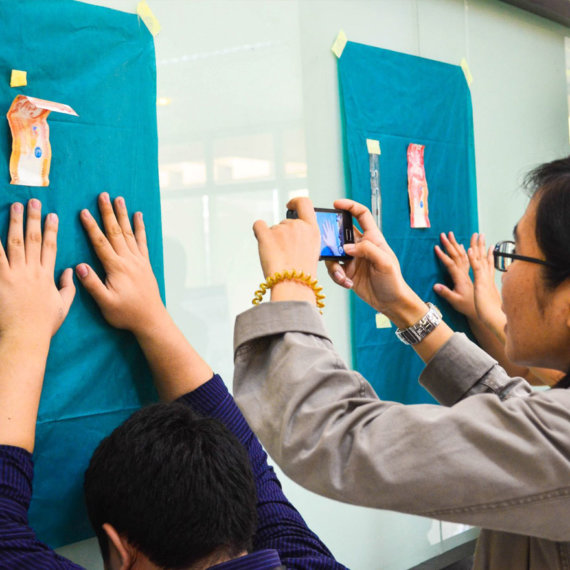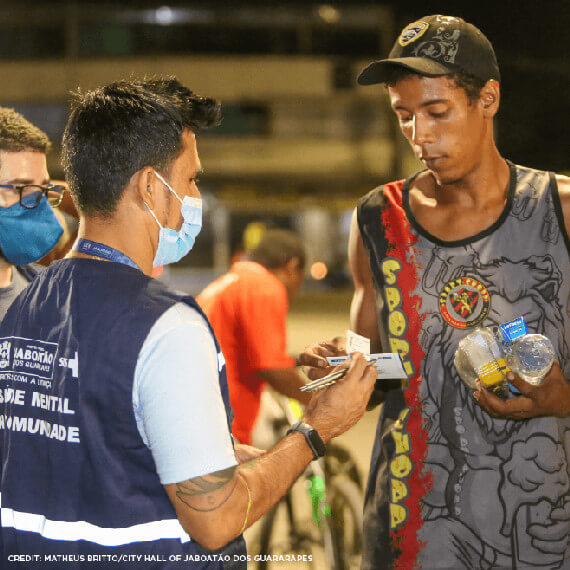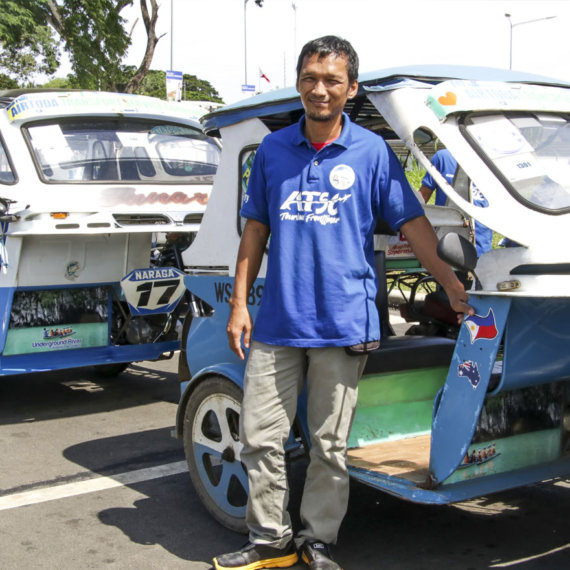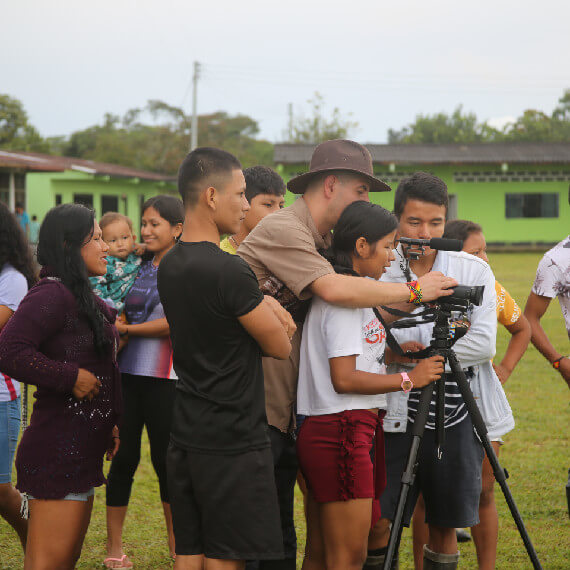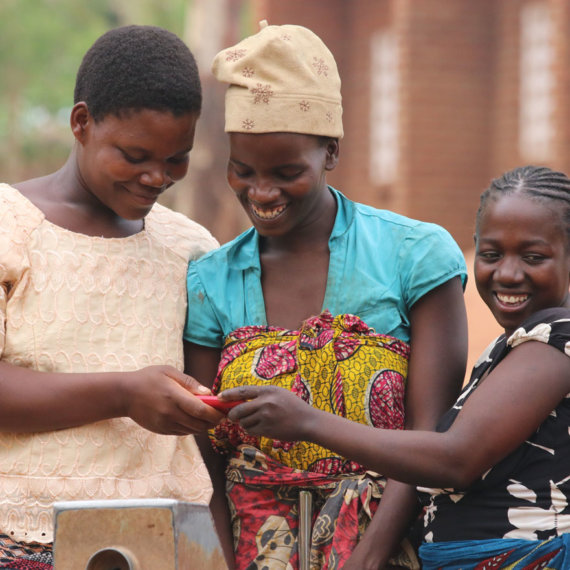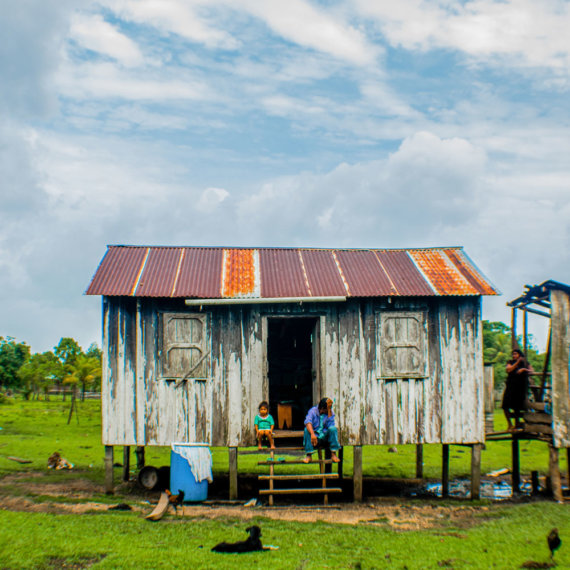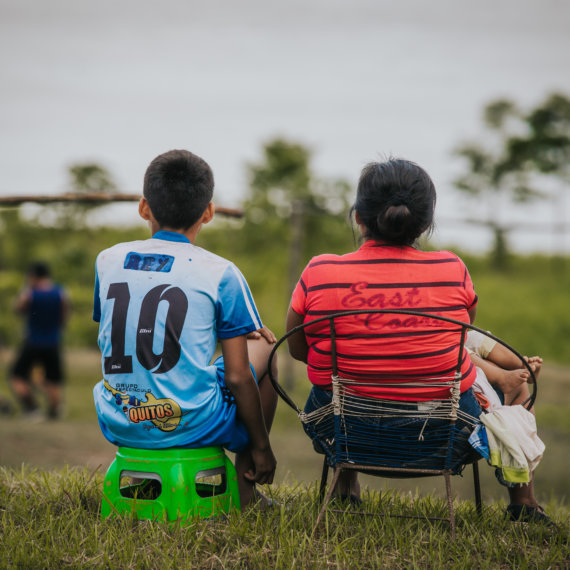Sustainable Integrated Rural Healthcare Model, Child Legacy International
A sustainable, holistic and people centred rural healthcare model that integrates health services, agriculture, renewable energy, clean water and vocational training to achieve comprehensive health and wellbeing of the local community.
CONTINENT
AFRICA
Country
MALAWI
Location
Lilongwe
Founding year
2007
Organizational structure
Non-governmental organisation
Health focus
Primary Health Care, Maternal and Child Health
Actors Involved
Health workers, Community, Traditional leaders, non-state actors
Programme Focus
Service delivery
Health System Function
Health services
CHALLENGE
In Malawi, 84% of the population resides in rural areas with limited access to basic quality healthcare services. 24% of the population remains underserved as they live more than 5km from their nearest health facility.
With only 2% of the rural population having access to electricity and access to clean water limited, the quality of health services in these areas remain suboptimal.
50.7% of the population lives below on less than USD 1.25 per day and 70% of the population live on less than USD 1.90 per day. These low socio-economic conditions coupled with unemployment affects the health and wellbeing of rural populations.
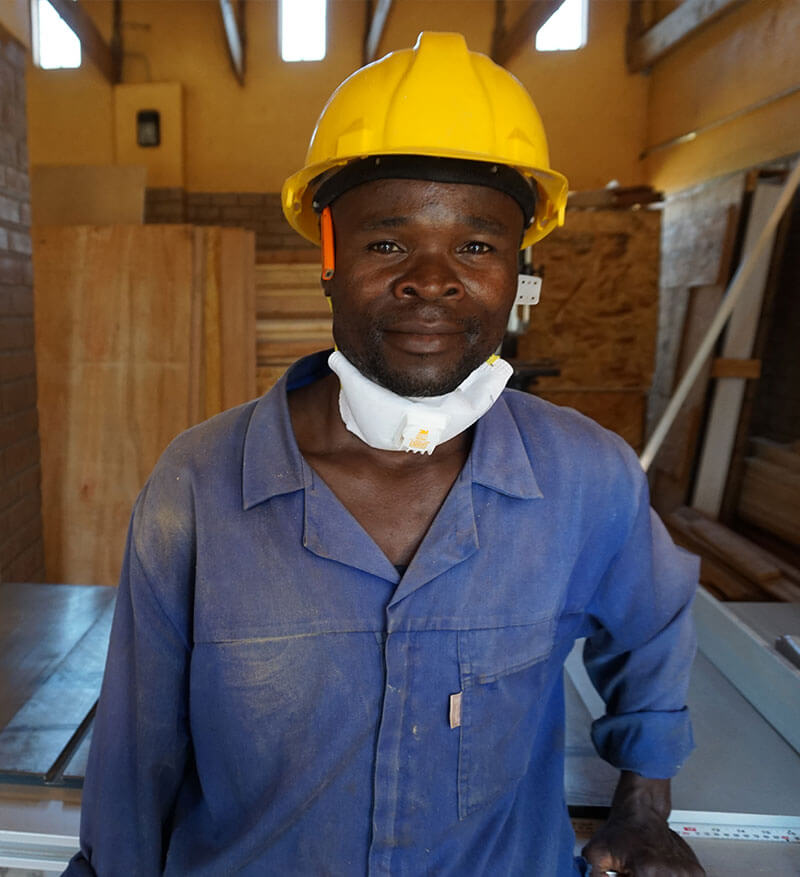
“History tells us how we develop rural Africa is through power. We wanted to revolutionise the way we bring power into rural setting and stimulate local economy. Our hospital is powered by solar and wind. All of a sudden lights were coming on, and so the community was calling it a place of light from which steamed a very high quality of healthcare which relates to a place of hope”
– Jeff Rogers, Founder & CEO, Child Health Legacy International
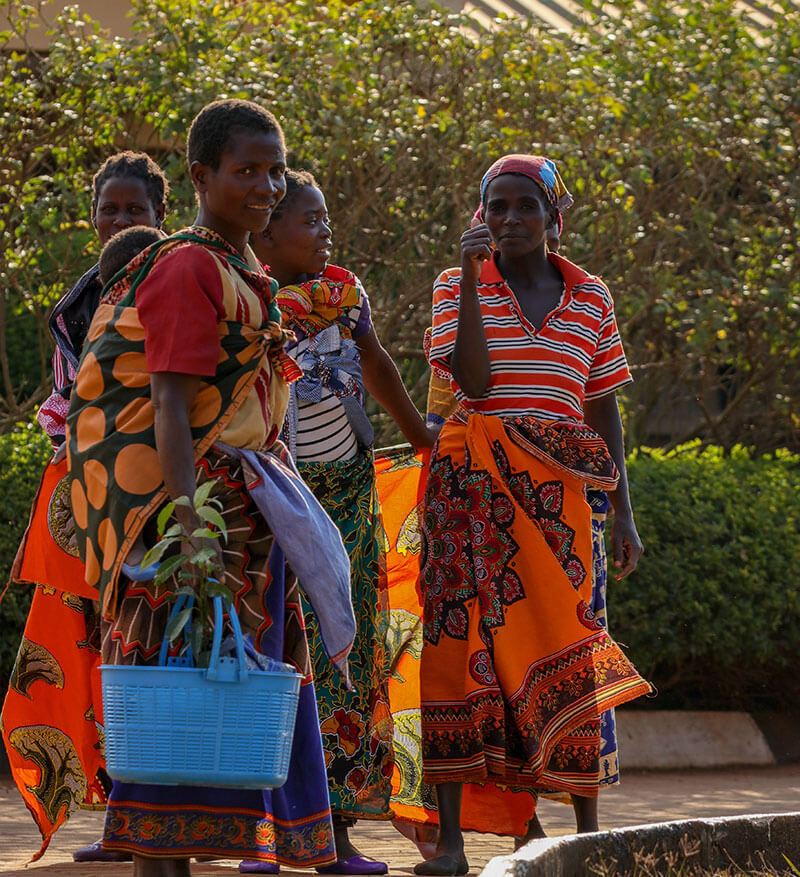
INTERVENTION
Child Legacy International (CLI), an US-based NGO operating in Malawi, has pioneered a sustainable, people-centred rural healthcare model. The model integrates health service provision, renewable energy and agriculture to holistically address the causes responsible for poor health and wellbeing among Malawians.
- Renewable energy – using wind and solar generated energy, CHL is able to deliver continuous uninterrupted health services in a rural setting, off the national grid.
- District hospital – comprehensive specialised care provision including, obstetric and gynaecological services, ophthalmology services, surgery and outpatient delivery of the Malawi Essential Healthcare Package (EPH).
- Agriculture and vocational training – a large-scale farm adjoins the hospital. It cultivates both agricultural products as well as a fishery and poultry. The farm generates employment for the local community by providing jobs for 300+ permanent and 100+ seasonal workers. Vocational training services are delivered in sustainable agriculture, nutrition, environmental protection. The farm provides the food for hospital inpatients and off sets 18% of the hospital operating costs.
“Before Child Legacy came to Masumbankhunda, people here had a lot of problems here in terms of hospitals. We would wonder that where are we going to go to? But from here to St Gabriel we can estimate that it’s over 40 kilometres for us to arrive. So, the way malaria manifests, when we leave home, people would die before they arrive. Even for us to go to Central Hospital, it was too far. But when Child Legacy International came, it has helped health problems. I can say we are being helped in terms of health issues”
– Traditional Authority Masumbankhunda
IMPACT
This rural healthcare model has reduced distance to facility from up 46 km to less than 5 km. Since the facility was opened in 2015, it has contributed to improved health outcomes in the local community and since 2017, there has been no recorded facility maternal deaths. It delivers the Malawi Essential Health Package (EHP) to 79,000 beneficiaries annually.
It has established a state of the art eye clinic called the “Eyes of Africa Centre of Excellence” which provides both training and ophthalmology services including laser eye surgery. In 2018, 78 surgeries were performed. Due to its diversified services, the facility has been able to reduce the burden of care on other surrounding government hospitals as well as the cost of seeking care for people this rural area.
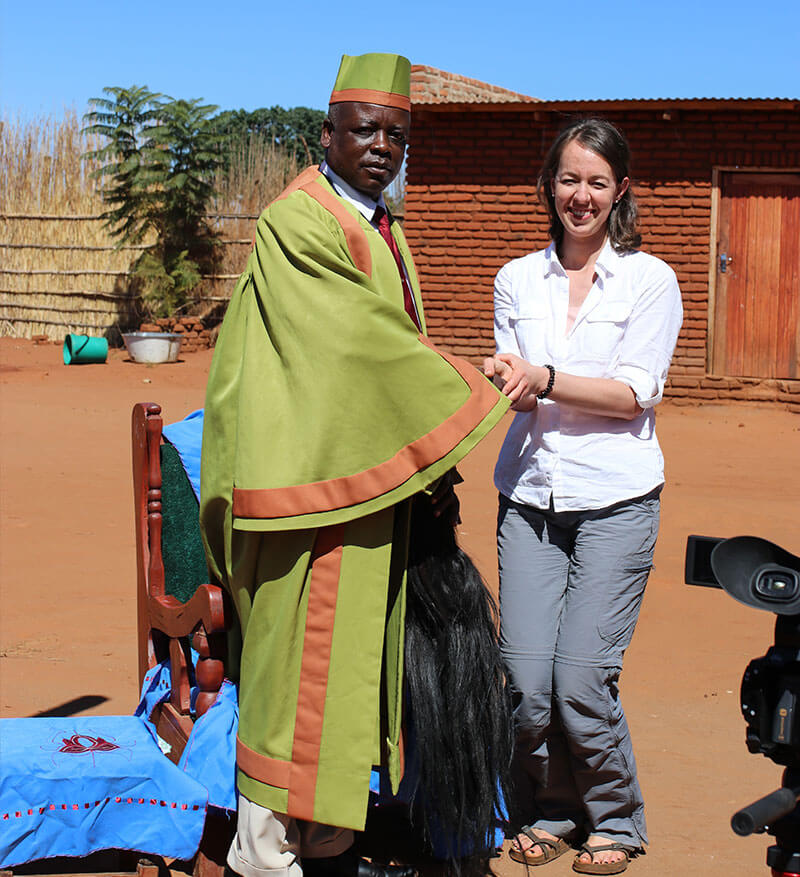
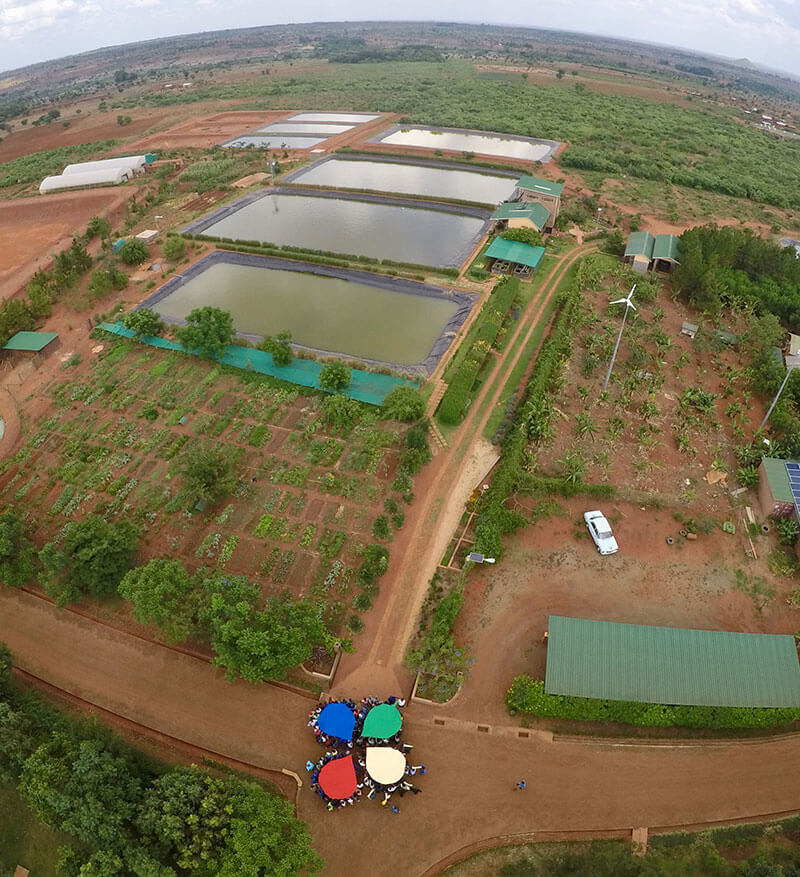
CASE INSIGHTS
1. To address rural poverty, under-development and suboptimal health outcomes, the siloed narrow interventionalist approach needs to be replaced by an holistic approach centred on community and health system engagement.
2. Renewable energy can be leveraged to stimulate sustainable rural development and increase access to quality rural healthcare services including life-saving surgeries by underserved population in Malawi.
3. A business approach, with diversified sources of revenue is important for innovative models that seek to expand care and be sustainable.

